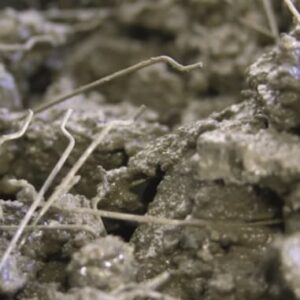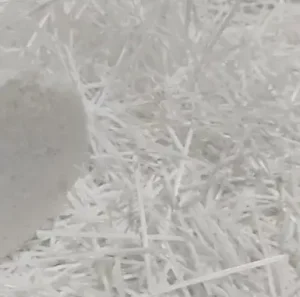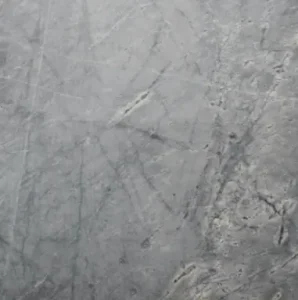
STEEL WIRE REINFORCEMENT
Unlike conventional poured concrete, shotcrete, which does not require molds, reaches its final state thanks to the additives added to it. With FMY Kimya Concrete Admixture Chemicals; Achieve the desired result even in difficult conditions by improving many other properties of shotcrete such as reducing the risk of rebound and increasing its early strength.


